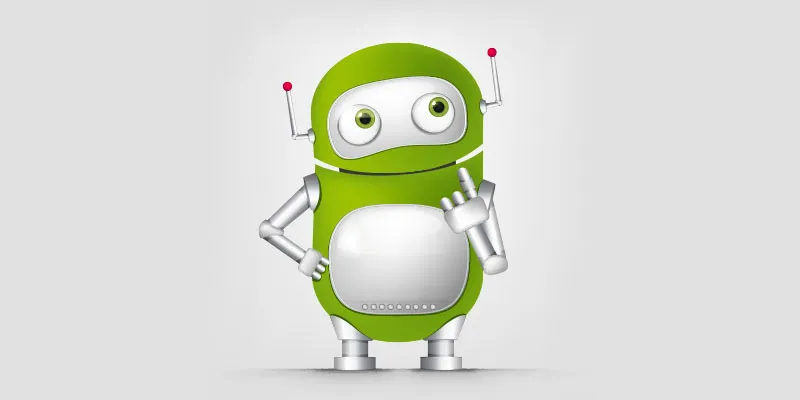Artificial Intelligence: The next big thing in brand advertising
The idea of thinking machines may evoke thoughts of a Terminator-esque era, but the fact is that artificial intelligence, to an extent, is already a part of our lives and its presence is only set to grow. Artificial intelligence (AI) is a branch of computer science that deals with making computers simulate human intelligence. However technical and geeky that may sound, AI is a far less mundane technology than you might believe.

Image : shutterstock
Right from medical diagnoses to driverless cars, AI has fundamentally improved the way people consume a product, which is why marketers bet on it big time. A 2016 survey by Demandbase pointed out that over 80 percent of marketing executives believed that AI would revolutionise marketing by 2020. Here are a few ways in which AI could be leveraged in marketing to optimise customer experience:
Analytics: AI’s indispensability in marketing stems from its abilities to spot trends from consumer-centric data. This data, when collated, can offer insights into consumer behaviour and help marketers predict future outcomes.
Voice recognition: With voice recognition, marketers are rapidly using chatbots to offer a more personalised treatment to their clientele. Depending on the mood of a customer, a voice recognition programme can change its tone to empathise and offer better insight into fixing an issue. Fast food restaurant chain Taco Bell came up with its own bot, TacoBot, to enable customers to place orders via instant messaging.
Predicting consumer behaviour: AI programmes can predict consumer behaviour details like the kind of products a consumer is interested in or the amount of time spent on reviewing a product. With research to back a marketing strategy, companies can offer tailor-made solutions to customers, thereby increasing chances of interactions. Video-streaming platform Netflix uses engagement data to recommend shows that a customer is likely to watch. Its algorithm analyses every repeat, click and pause to spot patterns from consumers’ watching history.
Digital Assistants: From Apple’ Siri to Microsoft’s Cortana to Amazon’s Echo devices, companies are rapidly integrating their products with AI to offer more personalised products. Backed with the ability to manage a host of interfaces, these digital assistants are all the rage for their multi-tasking abilities. So, the next time you want to buy a book online or orders some Chinese food, remember – your digital assistant is just a shout away!
Automation: Automation remains an integral part of technical advances, highly revered for their ability cut down on costs and time consumed. AI- based programmes are the new buzz word for their operational efficiency. General Electric and Uber have jumped on the automation bandwagon for improved customer experiences, routing their cars, and the maintenance of equipment.
The hullabaloo about AI might seem a little surreal for some executives, but remember – marketing was revolutionised by the internet and then social media, so computer systems simulating human intelligence might not be that far-fetched an idea. According to HubSpot founders Dharmesh Shah and Brian Halligan, smarter machines are likely to improve marketing software by acquiring “the ability to do things without us explicitly telling them what to do”.







